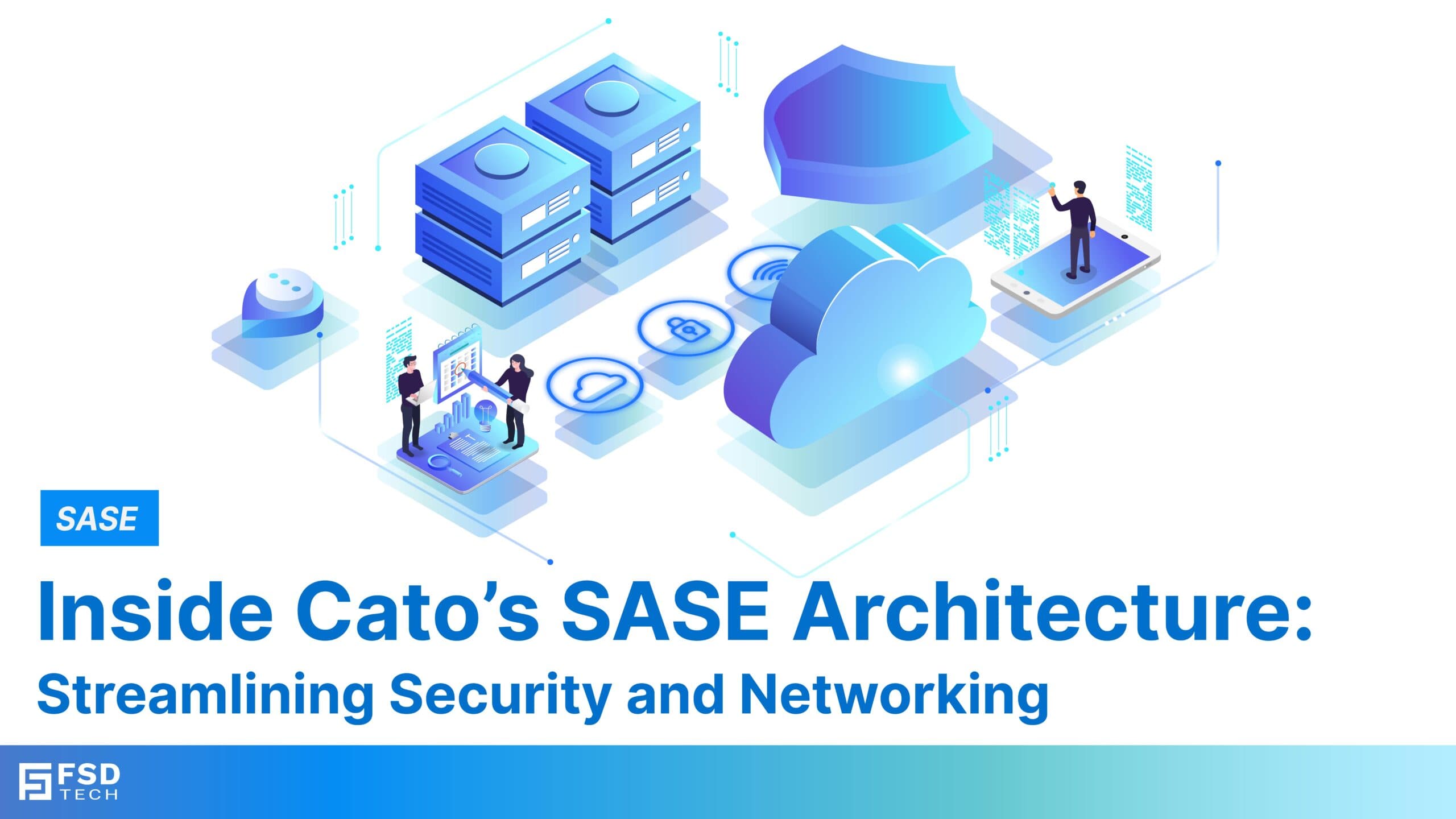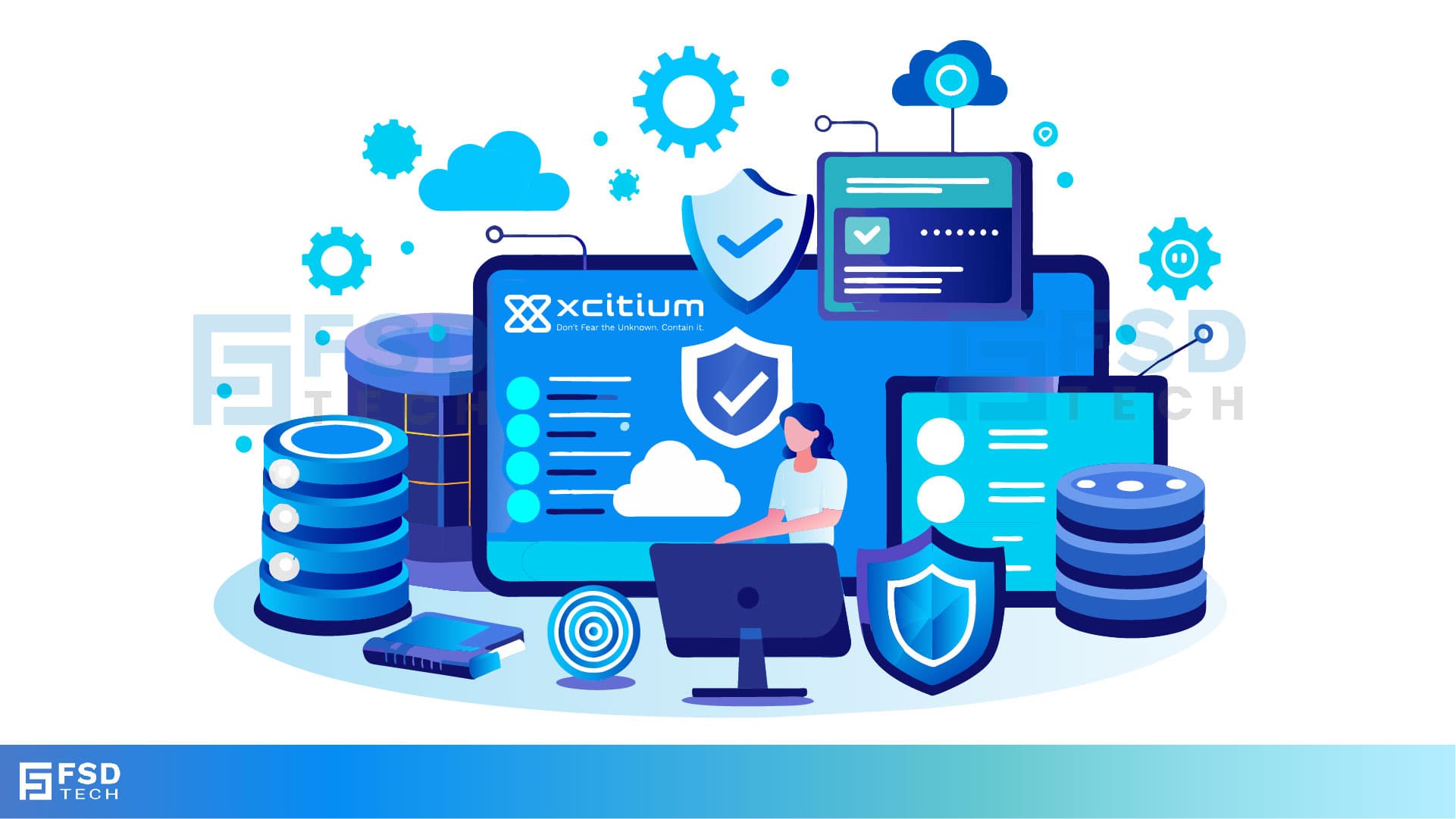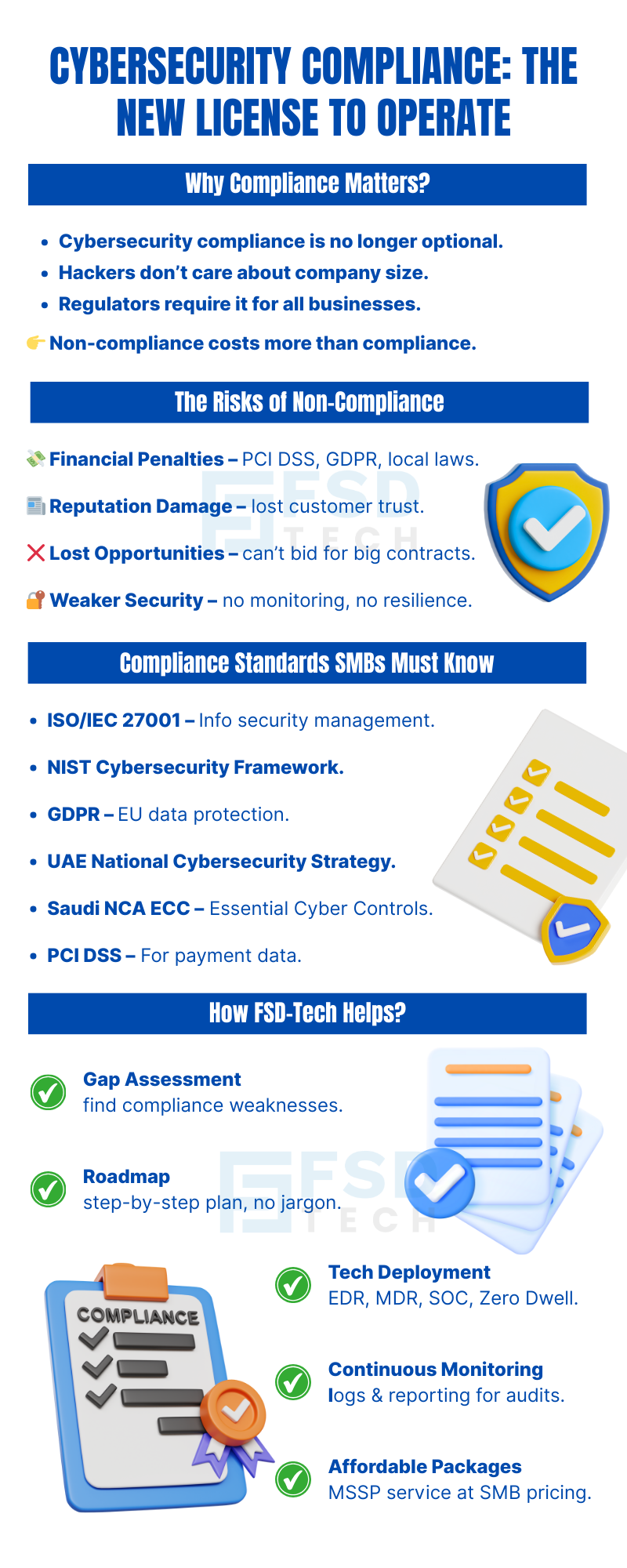
Inside Cato’s SASE Architecture: A Blueprint for Modern Security
🕓 January 26, 2025

Not too long ago, many small and medium businesses (SMBs) in GCC and Africa thought cybersecurity and compliance were only issues for banks, telecoms, or big corporations. They believed:
But today, the business world has changed. Cybersecurity compliance is no longer optional. It has become a basic requirement to do business. Whether you’re a retail shop in Dubai, a logistics firm in Kenya, a healthcare provider in Nigeria, or a financial services startup in Saudi Arabia, compliance rules now apply to you.
Why? Because cyber threats don’t care about company size, and regulators don’t want businesses putting customer data at risk.
And here’s the truth:
Non-compliance costs more than compliance.
Let’s put it simply: cybersecurity compliance means following certain rules to protect your business data, your customers, and your partners.
Think of it like traffic laws:
Compliance works the same way:
Many SMB owners think: “Why should I worry about compliance when hackers target the big guys?”
The reality is:
Don’t wait until fines or lost contracts hit. Fill out the form now to book your compliance risk assessment.
So, compliance is not a burden. It’s actually an investment in trust, resilience, and growth.
Here are the most common compliance frameworks that SMBs in GCC & Africa should be aware of:
Even if your SMB is in retail, healthcare, logistics, education, IT services, or finance, these standards likely apply to you directly or indirectly.
Most SMBs want to comply, but they struggle with:
This is why many SMBs either delay compliance or ignore it completely — until they face fines, breaches, or lost contracts.
This is where FSD-Tech, as a trusted MSP/MSSP partner of Xcitium, makes a difference.
We simplify compliance for SMBs by combining advisory + technology + managed services.
Here’s how we do it:
4. Documentation & Policy Support
We help create required compliance documents in simple business language — acceptable use policy, incident response plan, backup policies.
5. Continuous Monitoring
Compliance requires proof of ongoing security. Our SOC provides this, generating logs and reports automatically for auditors or clients.
6. Affordable Packages
Instead of hiring an in-house compliance team, SMBs can rely on FSD-Tech’s MSSP services, which cost a fraction of enterprise security budgets.
A mid-sized healthcare company in Abu Dhabi handled sensitive patient records. They were non-compliant with GDPR and UAE National Cybersecurity Strategy.
When a phishing attack exposed part of their database, not only did patients lose trust, but the business faced threat of fines and lawsuits.
They approached FSD-Tech, and within months:
Now, they are fully compliant and actually win more contracts because compliance has become a selling point.
For SMBs, compliance is not just about avoiding fines. It’s about building business strength and credibility.
Some SMBs think compliance is just paperwork. But that’s a dangerous mistake.
At FSD-Tech, we combine compliance + real security. Because paperwork alone does not protect your SMB.
For SMBs in GCC and Africa, cybersecurity compliance is no longer a “good-to-have.” It is the new license to operate.
By ignoring compliance, SMBs risk:
But by embracing compliance, SMBs gain:
And the best part? With FSD-Tech’s MSP/MSSP services, powered by Xcitium’s Zero Dwell Technology, compliance becomes:
Don’t wait for a regulator or hacker to teach your SMB an expensive lesson.
Act now. Turn compliance into a competitive advantage for your SMB.
See how compliance can become your growth advantage. Schedule your call with an FSD-Tech consultant today

Cybersecurity compliance means following rules and standards that ensure your business data, customer records, and systems are secure. For SMBs in GCC & Africa, it includes protecting sensitive information, using tools like EDR, MDR, and SOC monitoring, and proving to regulators and customers that your company follows proper practices.
Compliance is important because it protects your business from fines, lawsuits, and reputation loss. Many SMBs wrongly think compliance is only for big firms, but in reality, regulators now expect all businesses to comply. Customers also prefer companies that are compliance-certified, which makes compliance a growth advantage.
Some key standards include:
If your SMB is not compliant, you may face regulatory fines, lose customer trust, and even lose contracts with larger enterprises or government bodies. Non-compliance also makes it easier for hackers to exploit your systems. In many cases, the cost of non-compliance is higher than compliance itself.
Compliance can be affordable when done right. SMBs don’t need to build large in-house security teams. Instead, they can rely on Managed Security Services (MSSPs) like FSD-Tech, which provide EDR, MDR, SOC monitoring, and Zero Dwell containment at a fraction of the cost of hiring full-time staff.
FSD-Tech helps SMBs in GCC & Africa by offering:
Zero Dwell containment instantly isolates suspicious files before they cause harm. Compliance standards often require real-time threat detection and prevention. Zero Dwell ensures SMBs can meet this requirement by providing instant protection without waiting for traditional detection tools to react.
Yes. Compliance without cybersecurity is just paperwork. Regulators may ask you to monitor threats, but only technologies like EDR, MDR, and SOC monitoring can make it real. Compliance ensures you follow rules, while cybersecurity ensures you are actually protected.
While every industry is now under pressure, the most critical ones include:
Many government bodies and large enterprises require vendor compliance certifications before doing business. If your SMB is compliant, you instantly qualify for contracts that non-compliant competitors cannot even bid for.
Customers today want assurance that their personal and financial data is safe. By being compliant, SMBs can display certifications and reports that prove they take cybersecurity seriously. This builds customer loyalty and confidence.
Compliance is ongoing, not one-time. Regulations expect SMBs to monitor continuously, update systems regularly, and provide proof during audits. This is why FSD-Tech’s SOC monitoring services are critical — they provide constant logs and reporting.
Yes. FSD-Tech creates scalable compliance packages based on the SMB’s size, budget, and industry. Whether you are a 10-person startup or a 200-employee mid-market company, FSD-Tech offers right-sized compliance with EDR, MDR, SOC, and Zero Dwell.
Compliance enforces better security practices, which directly reduce downtime. For example, if compliance requires backup policies and endpoint monitoring, then even if an attack occurs, recovery is faster. Less downtime = fewer losses.
The first step is a compliance risk assessment. SMBs should partner with FSD-Tech to identify gaps in their current cybersecurity setup. From there, a roadmap with EDR, MDR, SOC, and Zero Dwell containment is created to achieve compliance quickly and affordably.

Anas is an Expert in Network and Security Infrastructure, With over seven years of industry experience, holding certifications Including CCIE- Enterprise, PCNSE, Cato SASE Expert, and Atera Certified Master. Anas provides his valuable insights and expertise to readers.
Share it with friends!
share your thoughts